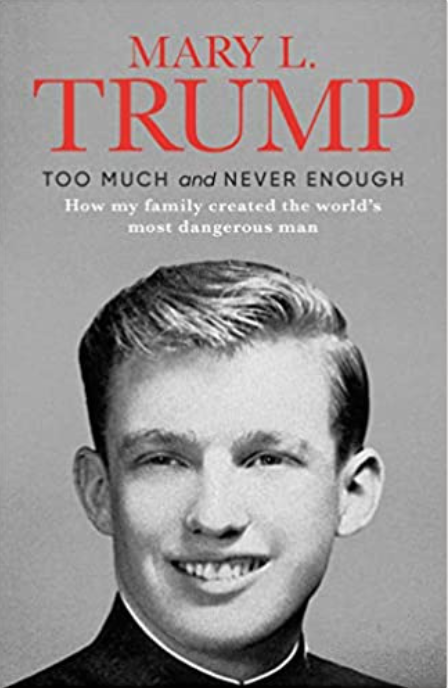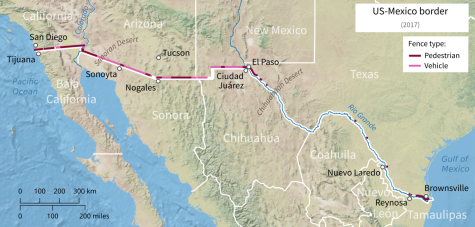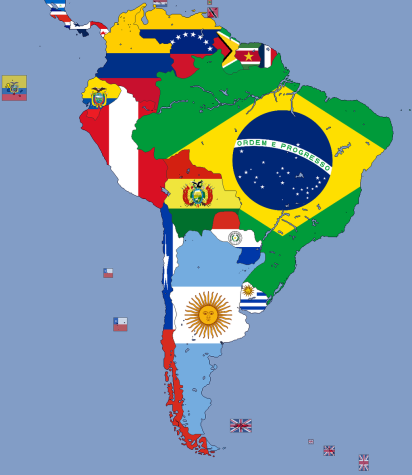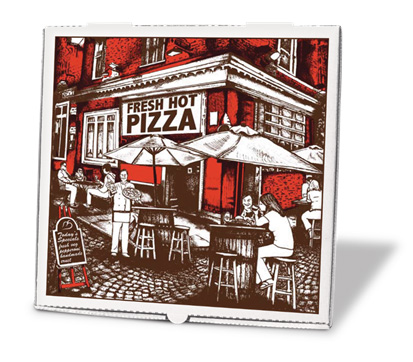Mary Trump’s Memoir Shines Harsh Light On Donald Trump’s Dysfunctional Family Life—and How It Shaped The President
This specific perspective and knowledge make Too Much and Never Enough a powerful and unforgettable account of one of the most powerful people in the world, one that is vitally important for all Americans to read so that they, too, can truly comprehend the reality of the world’s most dangerous man.
Mary Trump, through her memoir, Too Much and Never Enough: How My Family Created the World’s Most Dangerous Man, intends to help the American public better understand how her uncle Donald came to be the man he is today, by revealing long-kept secrets about his family that provide new insights into the psyche of not only the most controversial figure of the past few years but that of family members such as his father who had such a profound impact on his life.
Through her writing, Trump is able to effectively show the reader the very many problems with Donald’s childhood and early life that shaped him through to adulthood, making for a riveting tell-all whose premise has piqued the interest of readers nationwide. Especially in the case of Donald Trump, it is absolutely necessary that this information is publicized, and Mary Trump does exactly that, helping us understand the parental neglect and family dysfunction that contribute to the disaster that is Donald’s presidency.
The author’s aim is, as she puts it, simple: “Donald, following the lead of my grandfather and with the complicity, silence, and inaction of his siblings, destroyed my father. I can’t let him destroy my country” (Trump 15).
An essential aspect of understanding Donald Trump’s psyche is his early life, specifically his relationship with his parents. Donald’s mother, Mary, was ill when he was just around two years old, which is an essential time in a child’s life for his mother to be present; however, “During and after her surgeries, Mary’s absence—both literal and emotional—created a void in the lives of her children…The five kids were essentially motherless” (Trump 20).
At this pivotal phase in Donald’s childhood, and even later in life, the parent who had the most influence on Donald’s psyche was his father, the infamous real-estate mogul Fred Trump. This situation did not bode well for any of the Trump children, as the author (who is a psychologist, by the way) confidently labels Fred Trump a “high-functioning sociopath…Having a sociopath as a parent, especially if there is no one else around to mitigate the effects, all but guarantees severe disruption in how children understand themselves” (Trump 20).
This parental neglect goes on to permanently affect Donald by causing him to develop an indifference to it, making it difficult to meet his emotional needs through a denial of such needs. If his father doesn’t care for them, why should he? Fred Trump is consistently displayed as a cruel, empathy-lacking, flawed man, and quite accurately so.
The author, through describing the elder Trump in this detail, helps us understand that it is Fred’s shrewd business methods and lack of empathy that reflect in Donald’s own original claim to fame as a businessman, and still continue to affect his presidency; in many ways, Donald merely copies his father’s shameless and corrupt business practices, as well as his lack of empathy for people like Freddy (Fred’s eldest son and the author’s father).
Freddy’s story ties into Fred Sr. ‘s abuse through the author’s description of their relationship, which demonstrates that Donald was not the only one affected by Fred’s cutthroat personality. In the case of Freddy, he never wanted to follow in his ruthless father’s footsteps; he wanted to become a pilot instead, which enraged Fred and led Freddy to receive the worst of Fred’s emotional abuse.
The cruel way in which Fred verbally abused, degraded, and humiliated Freddy marked him permanently as a weak, failed son who still so desperately sought his father’s approval and received none. Freddy, broken by years of this incredibly cruel neglect, descended into alcoholism and died in 1981 when he was only 42 years old. Donald only escaped this same fate because he learned to suppress his emotions and work to his Fred Sr. ‘s advantage; it seems Fred’s sociopathy had manifested itself in Donald, too.
While Freddy was seen as weak and therefore reduced to a complete failure in his father’s eyes, Fred’s abuse of Donald was somewhat more subtle: he stunted his younger son’s ability to feel empathy at all, grooming Donald to become as shrewd a businessman as he was. This trained lack of emotion, the author insinuates, is the motivation behind some of the Trump duo’s infamous real estate practices, such as refusing to rent to black people.
This lack of parental nurturing and emotional development from Fred is expertly woven into Donald’s greater story by the author. Fred’s heavy influence on Donald’s later life is exemplified in the prologue, set in the White House, where Donald only has a picture of his father on a table behind his desk.
“…Donald stood up and pointed to a framed black-and-white photograph of my grandfather, which was propped up on a table behind the desk. ‘Maryanne, isn’t that a great picture of Dad?’ It was the same photograph that had sat on the side table in the library of my grandparents’ house. In it, my grandfather was still a young man, with receding dark hair, a mustache, and a look of command that I had never seen falter until his dementia set in.
We’d all seen it thousands of times.
‘Maybe you should have a picture of Mom, too,’ Maryanne suggested.
‘That’s a great idea,’ Donald said as though it had never occurred to him. ‘Somebody get me a picture of Mom.’” (Trump 4).
The author also gives a deeply personal insight into her experience as a member of the Trump family affected by Donald’s inherited cruelty. After the death of Fred Trump, his surviving children ensured that Freddy’s family, including the author, did not receive a fair portion of the inheritance. “After my grandfather died in 1999, I learned that my father’s line had been erased from the will as if Fred Trump’s oldest son had never existed, and a lawsuit followed. In the end,
I concluded that if I spoke publicly about my uncle, I would be painted as a disgruntled, disinherited niece looking to cash in or settle a score” (Trump 9). Robbed of her portion of the wealth, the author also, in the beginning, provides her own thoughts on Trump’s campaign and presidency. “When Donald announced his run for the presidency on June 16, 2015, I didn’t take it seriously. I didn’t think Donald took it seriously. He simply wanted free publicity for his brand…I began to feel as though I were watching my family history, and Donald’s central role in it, playing out on a grand scale (Trump 9).
The author even delves into events as recently as those that occurred this year, exploring the recklessly mismanaged COVID-19 pandemic as well as the murder of George Floyd. “Donald didn’t drag his feet in December 2019, in January, in February, in March because of his narcissism; he did it because of his fear of appearing weak or failing to project the message that everything was ‘great,’ ‘beautiful,’ and ‘perfect.’
The irony is that his failure to face the truth has inevitably led to massive failure anyway. In this case, the lives of potentially hundreds of thousands of people will be lost and the economy of the richest country in history may well be destroyed” (Trump 179). Trump’s deep-set fear of weakness shows itself once again in his response to the COVID-19 pandemic, living in an ideal fantasy where each is all right and he doesn’t have to take responsibility for anything. In this and many instances during Trump’s presidency, his actions and views can all be explained by his refusal to appear weak like his doomed brother, Freddy.
From his stance against racial justice protestors to his Muslim ban to his staunch anti-immigration policies, it makes sense that these ideas are all born out of a desire to be, as Donald would probably put it, number one. The story of Donald’s abusive childhood comes full-circle in that, decades later, he is still haunted by the manipulation of his father. “The country is now suffering from the same toxic positivity that my grandfather deployed specifically to drown out his ailing wife, torment his dying son, and damage past healing the psyche of his favorite child, Donald J. Trump” (Trump 181).
Mary Trump’s memoir makes it abundantly clear that the author shares many of our feelings on her uncle’s term as president, but she has a greater understanding of the story behind it and knows exactly why Donald Trump is, quite simply, the way he is.
This specific perspective and knowledge make Too Much and Never Enough a powerful and unforgettable account of one of the most powerful people in the world, one that is vitally important for all Americans to read so that they, too, can truly comprehend the reality of the world’s most dangerous man.










